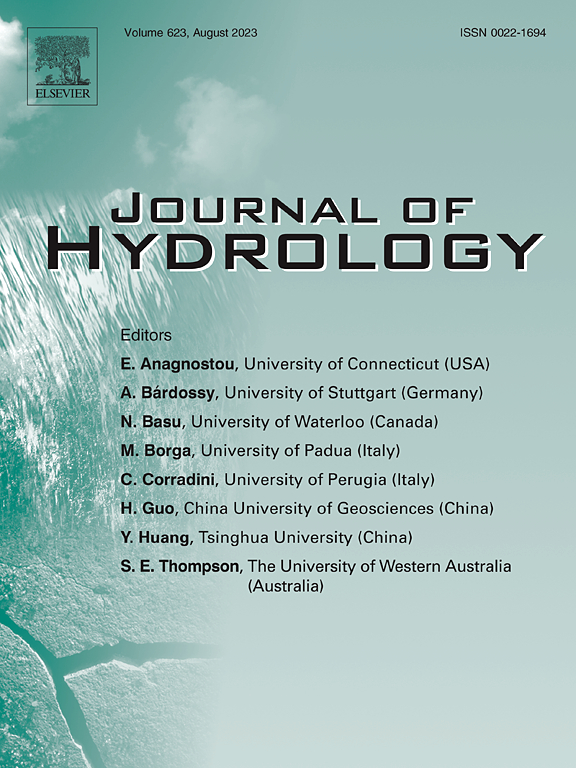Using values-informed mental models to understand farmer, water manager, and scientist use and perceptions of hydrologic models
IF 5.9
1区 地球科学
Q1 ENGINEERING, CIVIL
引用次数: 0
Abstract
Decision-support systems using environmental data and models are increasingly common, but not always adopted by the intended end-users. This disconnect may be partly due to different values related to nature and the scientific process. In this study, we assessed whether and to what extent real-world water decisions, supported by groundwater flow models, are influenced by epistemic values (scientific values including testability and usability) and nature values. We conducted and analyzed semi-structured interviews of ten water managers, five hydrologic model developers, and seven agricultural producers within a Groundwater Management District in south-central Kansas overlying part of the US High Plains aquifer. We then constructed values-informed mental models related to each group’s decisions. The epistemic value for accuracy was the most important value influencing water management decisions, especially short-term operational and long-term planning decisions. Stewardship was the second most important value influencing water management decisions, especially decisions related to conservation. Participants from all three stakeholder groups mentioned most values in interviews, but model developers mentioned accuracy, methodological soundness and testability significantly more often than agricultural producers and water managers. Our results highlight differences—and commonalities—in how decision-support systems influence decisions across types of users, as well as the importance of acknowledging the role individual values play in environmental policy decisions. Incorporating these insights into modeling processes and communications can help hydrologic modelers and data producers better align their work with the decision needs of end-users.
求助全文
约1分钟内获得全文
求助全文
来源期刊

Journal of Hydrology
地学-地球科学综合
CiteScore
11.00
自引率
12.50%
发文量
1309
审稿时长
7.5 months
期刊介绍:
The Journal of Hydrology publishes original research papers and comprehensive reviews in all the subfields of the hydrological sciences including water based management and policy issues that impact on economics and society. These comprise, but are not limited to the physical, chemical, biogeochemical, stochastic and systems aspects of surface and groundwater hydrology, hydrometeorology and hydrogeology. Relevant topics incorporating the insights and methodologies of disciplines such as climatology, water resource systems, hydraulics, agrohydrology, geomorphology, soil science, instrumentation and remote sensing, civil and environmental engineering are included. Social science perspectives on hydrological problems such as resource and ecological economics, environmental sociology, psychology and behavioural science, management and policy analysis are also invited. Multi-and interdisciplinary analyses of hydrological problems are within scope. The science published in the Journal of Hydrology is relevant to catchment scales rather than exclusively to a local scale or site.
 求助内容:
求助内容: 应助结果提醒方式:
应助结果提醒方式:


